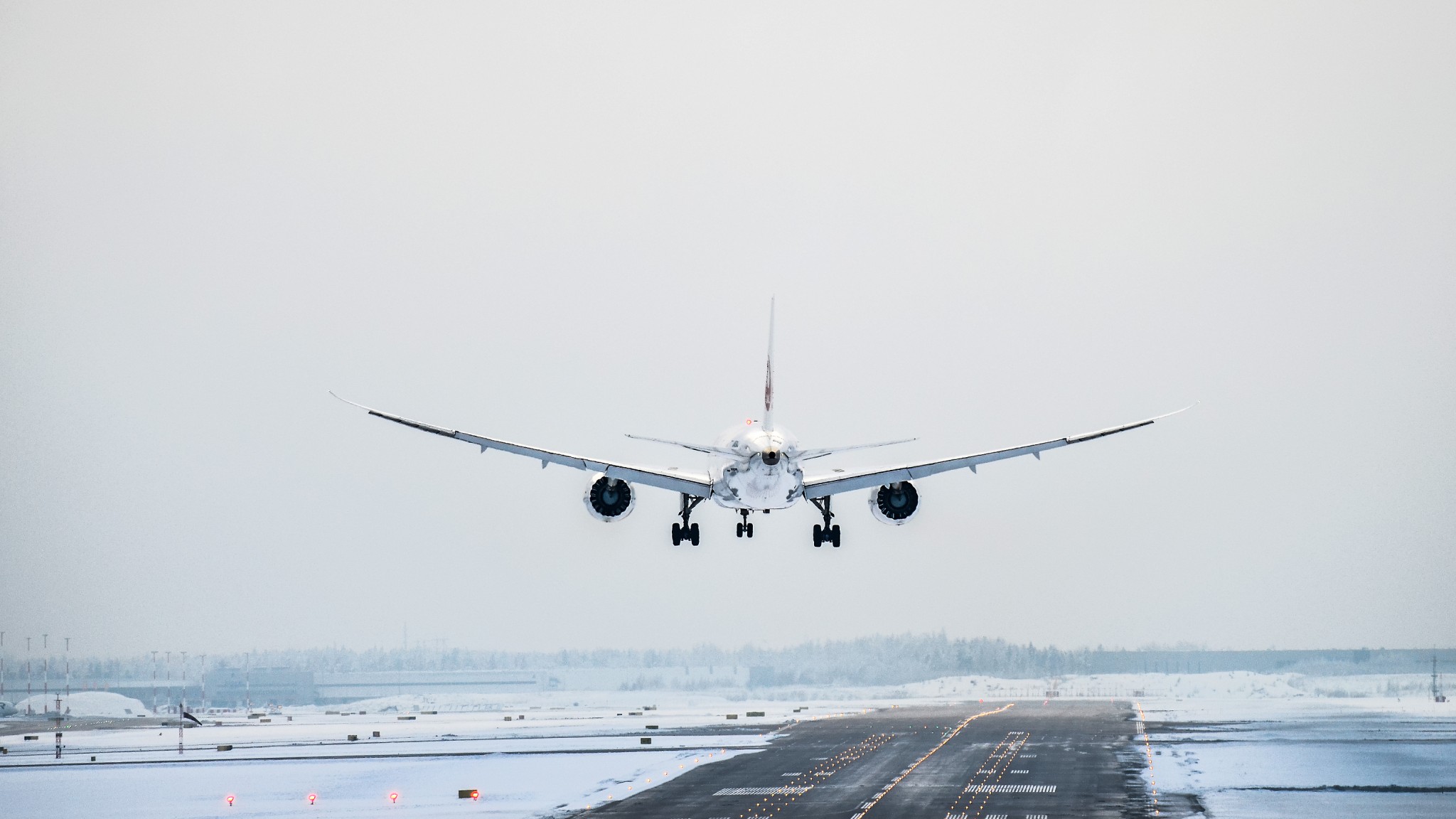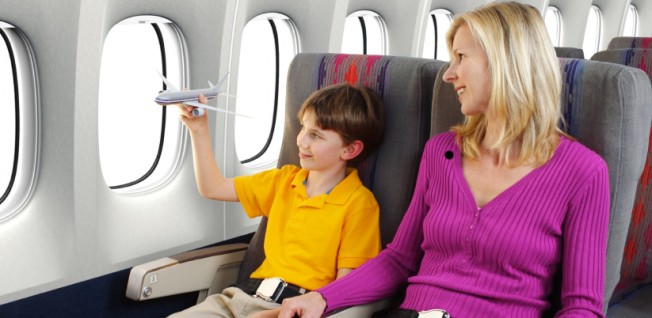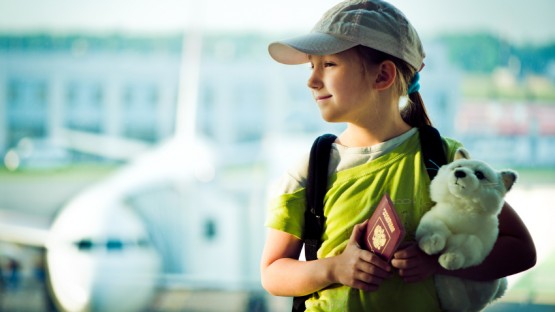
Looking for info on repatriation?
Going Back Home: Easier Said Than Done?

When going back home, expats often face re-adjustment issues which, although quite similar to culture shock, are often met with disbelief, confusion and sometimes even resentment by friends and family. After all, you have grown up in this country and are thus expected to know your way around.
However, expats’ perceptions of themselves and their environment have changed during their stay abroad. Just as they had to get used to another culture when originally moving to a foreign country, it is therefore only natural that they now need to re-adjust when coming home.
This phenomenon, which is also known as reverse culture shock, does not only affect adult expats, to whom we will come back to later in this article. Their children also often struggle with returning to school and trying to make new friends after a long time abroad.
Repatriation for Expat Kids
Going back home can be especially tough on expat children, particularly younger kids. Toddlers and pre-school children need routines and stability, and the enormous changes involved in repatriation can easily upset them. Perhaps they have only dim and distant memories of “home”. Places that are familiar to their parents are strange and unfamiliar to them.
Furthermore, children have a different perception of time and they tend to live more in the present moment than adults do. Promises such as “We’ll go back to see your friends in Korea next summer!” may appear like an eternity away to a seven-year-old.
Adapting to a New Environment
Adapting to a new school system and the resulting academic challenges can be an additional burden for expat kids when going back home. In contrast to international or foreign national schools, local teachers are often not used to dealing with today’s nomad children and their particular needs. Furthermore, the local curriculum might also very much differ from the one abroad.
What is more, even a friendly welcome may end up having a negative effect. Something like “this is Anne, who spent the last two years in Beijing – she can surely tell us lots about life in China and say hello in Chinese” can make the child feel singled out and insecure when he or she is far keener on blending in and adjusting to the new classroom environment.
In this as in other family matters, it is important for the parents to be not entirely preoccupied with organizing the move and dealing with their own repatriation shock. They need to get involved and show their kids that they are there for them. Taking a child’s mixed feelings about repatriation seriously is an important step in assisting him or her with the re-adjustment process.














